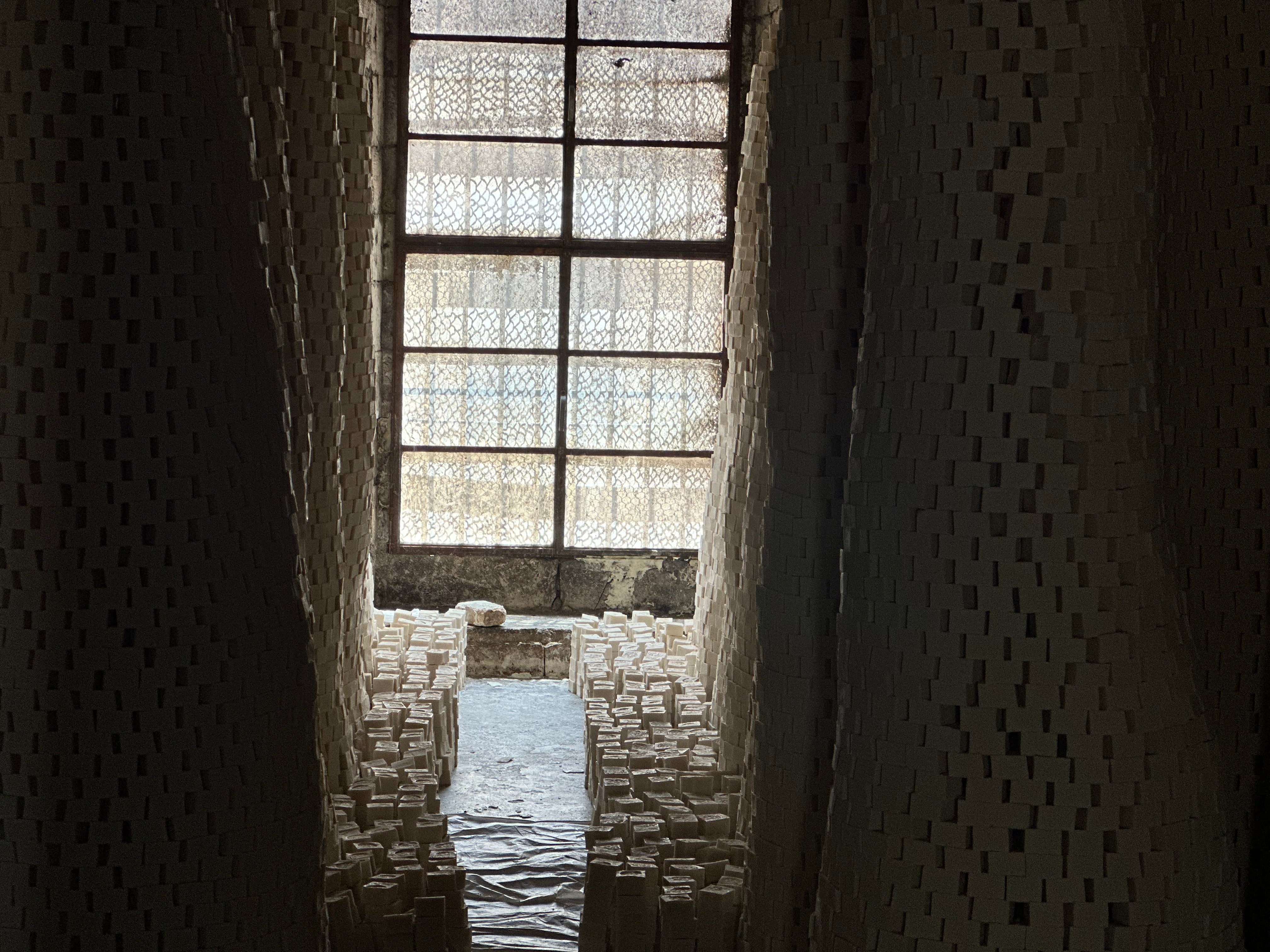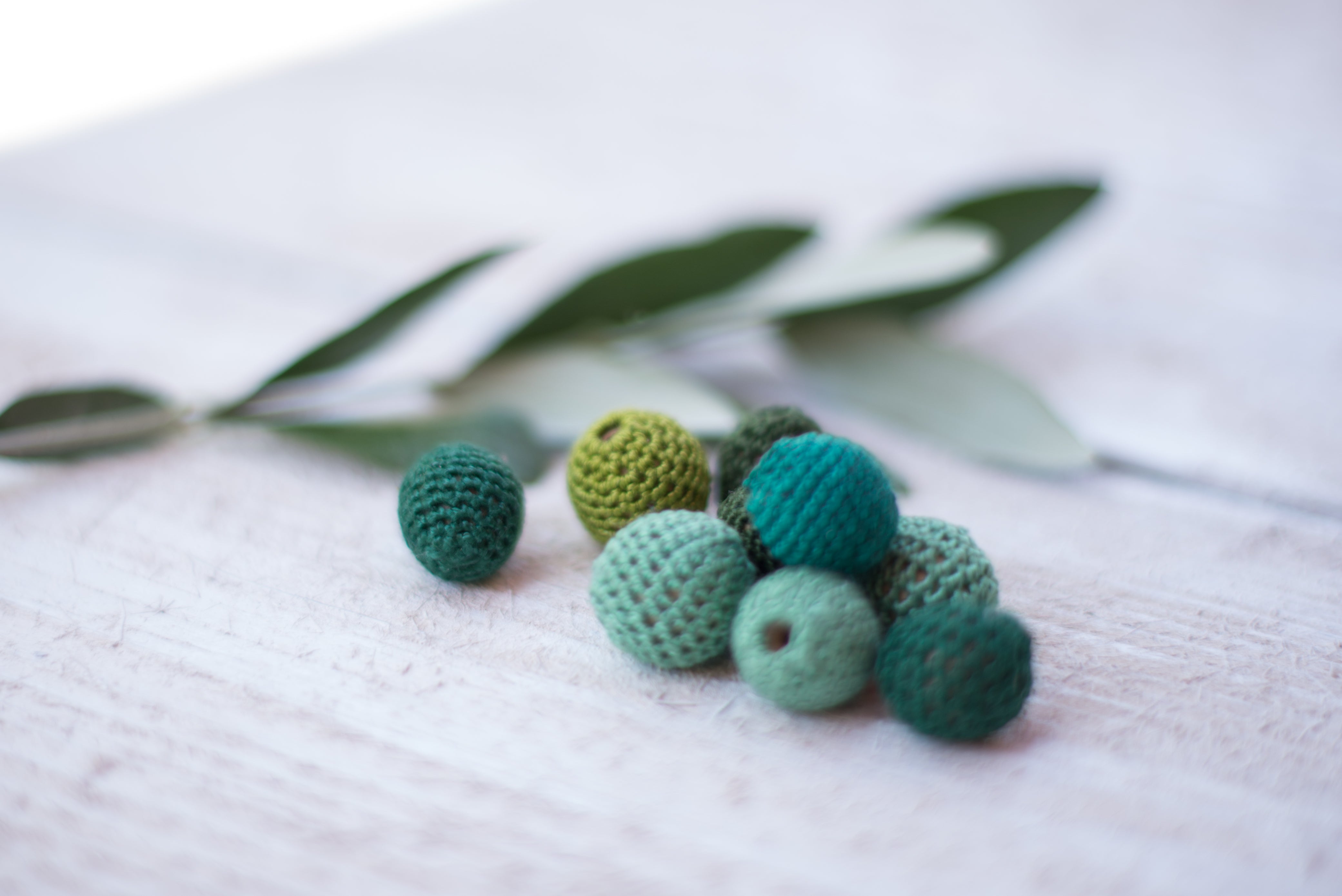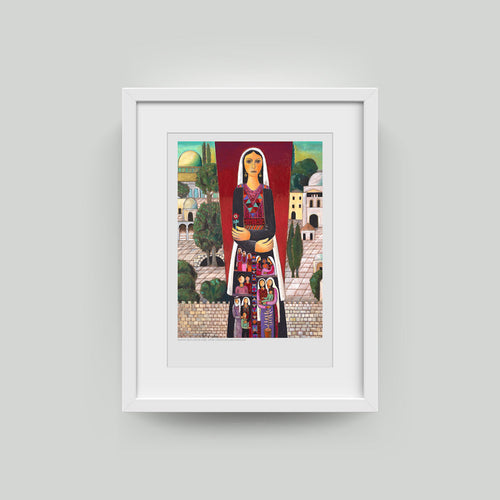
Palestinian Soap Making: Intangible World Heritage
Big news: Nablus Olive Oil Soap has officially made it to UNESCO's World Intangible Heritage list! This isn’t just a win for Palestinian culture—it’s a testament to the craftsmanship and resilience of artisans who have kept this centuries-old tradition alive, even under the most horrific and intensely challenging circumstances.
The Story Behind Nablus Soap: Preserving Palestine's Intangible Cultural Heritage
Nabulsi soap-making, or saboon, has been practiced in Nablus for over 1,000 years, becoming a hallmark of Palestinian ingenuity and cultural identity. This tradition is now globally recognized, with Nabulsi soap added to UNESCO’s Intangible Cultural Heritage (ICH) List in December 2024. However, this milestone is both a celebration and a call to action to safeguard a tradition that faces increasing threats.

The History of Nabulsi Soap
Nabulsi soap-making is intimately tied to the olive tree, often referred to by those who cultivate the land as the "soul of Palestine." The soap's main ingredient is locally sourced olive oil, which is blended with water and a sodium or calcium hydroxide solution (commonly known as soda) to create a natural mixture.
The production process varies depending on the scale. In homes, Palestinian elders often make small batches, while in factories, the mixture is boiled in large copper vats, poured onto the ground, cut by hand, and stamped with an emblem of authenticity. These stamps, which often bear the name of the family or workshop, transform each bar into a piece of collective history.
Historically, this craft provided livelihoods for Palestinian families, particularly women who worked as artisans and sellers. At its peak, over 30 factories in Nablus exported soap across the Arab world and beyond. Saboon served as more than just a product; it was a sustainable practice that fostered social inclusion, strengthened community ties, and upheld values of self-reliance and environmental harmony.

A Craft Under Threat
Despite its cultural and economic importance, Nabulsi soap-making has faced significant challenges. Factories have been destroyed during periods of conflict and occupation, and the industry struggles to compete with mass-produced alternatives commonly found on store shelves. Yet, the resilience of Palestinian soap-makers has ensured its survival.
The addition of Nabulsi soap-making to UNESCO’s Intangible Cultural Heritage List underscores the importance of this tradition as a symbol of Palestinian identity, ingenuity, and cultural resilience.
Why UNESCO Recognition Matters
The inclusion of Nabulsi soap-making in UNESCO’s Intangible Cultural Heritage List highlights its significance as a cultural practice that embodies sustainability, resilience, and community values. Inscribed through the efforts of the Palestinian Ministry of Culture, Nabulsi soap-making now stands among 727 other cultural practices worldwide for its contribution to humanity.

Nablus, in the heart of Palestine, has been the hub of olive oil soap making for over a thousand years. This soap isn’t just any soap—it’s made from pure olive oil, water, and lye, using techniques passed down through generations. The result? A luxurious, all-natural bar that’s as good for your skin as it is for the planet.
The process is mesmerizing. Giant vats of olive oil are slowly heated and stirred for days, then poured into molds on the clean floor to cool. Once solid, the soap is hand-cut into perfect cubes and stamped with the maker’s seal of pride. They are stacked in huge cylindrical columns to dry and then be wrapped. It’s a true labor of love. And no Palestinian house is without olive oil soap.
Shop Olive Oil Soap Gifts
At Handmade Palestine, we’re proud to support this incredible tradition with our olive oil soap. Whether you’re treating yourself or gifting a loved one, these sets bring a little piece of Palestine’s rich history into your home. And yes, they smell as amazing as they feel!
Shout Out to the Saboon Crate
Want to take your soap obsession to the next level? There's a great kit called the Saboon Crate, a hands-on educational kit that lets you dive into the magic of Palestinian soap making. This kit is a fun and meaningful way to engage with a tradition that’s now officially world heritage. Check it out at culturecrate.org.
Why This Matters
Adding Nablus soap to UNESCO’s list is more than just recognition; it’s a celebration of Palestinian identity and resilience. By supporting this tradition—whether through a gift set or a Saboon Crate—you’re helping keep a vital piece of our heritage alive.
So, whether you’re a soap connoisseur or just love supporting meaningful causes, there’s never been a better time to lather up with a little piece of Palestine.
Head here to shop and learn more. Written in collaboration with Nadine Zaza.







Leave a comment
This site is protected by hCaptcha and the hCaptcha Privacy Policy and Terms of Service apply.